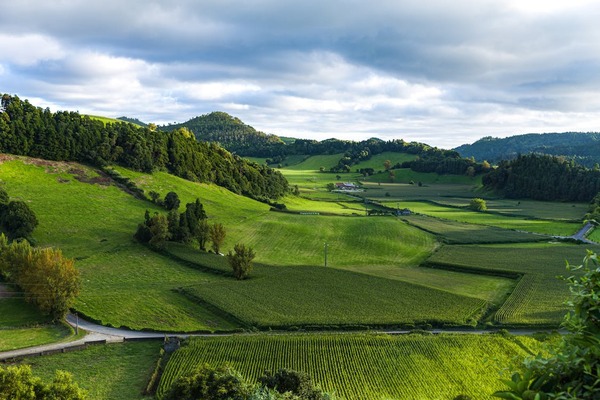Al Rayyan Municipality in Qatar has launched a project to plant trees in outdoor areas under the “10 million Trees Initiative.” This is part of the Ministry of Municipality’s ongoing efforts to promote sustainable development and environmental conservation.
As part of this initiative, 3,963 tree seedlings have been planted in locations such as Al-Karaana, Jaryan Al-Batnah, Umm Qarn Al-Gharbia, Al-Amriya, Umm Hawta, and Markhiya Al-Darb. In the Umm Qarn area, a solar-powered irrigation system has been introduced to provide water for the trees. This system operates water pumps without using traditional power grids or fuel-based generators, making it suitable for remote areas.
The irrigation system uses solar energy to power the pumps. It ensures a continuous supply of water to the trees and reduces water wastage. The system also adapts to local climate conditions, which helps maintain irrigation during dry seasons and in arid regions.
Al Rayyan Municipality is part of the UNESCO Network of Learning Cities and Healthy Cities. The initiative reflects efforts to meet global sustainability standards while addressing local environmental needs. The municipality aims to balance environmental, social, and economic goals while promoting a high quality of life for residents.
In addition to this project, Qatar has recently developed other solar-powered initiatives. The Al-Kharsaah Solar Power Plant, the country’s first large-scale solar photovoltaic (PV) project, began operations in 2022. Located west of Doha, the plant has a capacity of 800 megawatts and is expected to provide 10% of Qatar’s peak electricity demand. The project uses advanced bifacial solar panels and trackers to optimize energy generation. Another development is the agreement signed between QatarEnergy Renewable Solutions and Qatar Fertiliser Company (QAFCO) in 2023. This deal includes the construction of Ammonia-7, a solar-powered ammonia plant that will utilize renewable energy for sustainable production.


